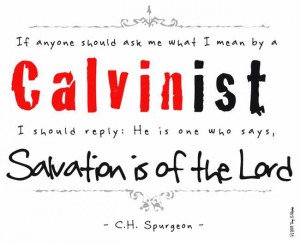Here’s a written on what was to be this precious lady’s wedding day.
And here is an excellent article concerning what one should look for in a potential spouse called “The Engagement Ring.”

Here’s a written on what was to be this precious lady’s wedding day.
And here is an excellent article concerning what one should look for in a potential spouse called “The Engagement Ring.”
 A woman in a hot-air balloon realized she was lost. She lowered her altitude and spotted a man in a boat below. She shouted to him, “Excuse me, can you help me? I promised a friend I would meet him an hour ago, but I don’t know where I am.”
A woman in a hot-air balloon realized she was lost. She lowered her altitude and spotted a man in a boat below. She shouted to him, “Excuse me, can you help me? I promised a friend I would meet him an hour ago, but I don’t know where I am.”
The man consulted his portable GPS and replied, “You’re in a hot air balloon, approximately 30 feet above a ground elevation of 2,346 feet above sea level. You are at 31 degrees, 14.97 minutes north latitude and 100 degrees, 49.09 minutes west longitude.
“She rolled her eyes and said, “You must be a Republican.”
“I am,” replied the man. “How did you know?”
“Well,” answered the balloonist, “everything you told me is technically correct. But I have no idea what to do with your information, and I’m still lost.”
The man smiled and responded, “You must be an Obama Democrat.”
“I am,” replied the balloonist. “How did you know?”
“Well,” said the man, “you don’t know where you are or where you are going.. You’ve risen to where you are, due to a large quantity of hot air. You made a promise you have no idea how to keep, and you expect me to solve your problem. You’re in exactly the same position you were in before we met, but somehow, now it’s my fault.”
 “There is no soul living who holds more firmly to the doctrines of grace than I do, and if any man asks me whether I am ashamed to be called a Calvinist, I answer – I wish to be called nothing but a Christian; but if you ask me, do I hold the doctrinal views which were held by John Calvin, I reply, I do in the main hold them, and rejoice to avow it.” (C. H. Spurgeon, a Defense of Calvinism)
“There is no soul living who holds more firmly to the doctrines of grace than I do, and if any man asks me whether I am ashamed to be called a Calvinist, I answer – I wish to be called nothing but a Christian; but if you ask me, do I hold the doctrinal views which were held by John Calvin, I reply, I do in the main hold them, and rejoice to avow it.” (C. H. Spurgeon, a Defense of Calvinism)
Why are so many Calvinists being produced in Calvary Chapel when Chuck Smith and Co. are openly against Calvinism?
Dr. James White of Alpha and Omega Ministries answers this question and more in this February 9, 2010 edition of The Dividing Line.